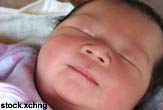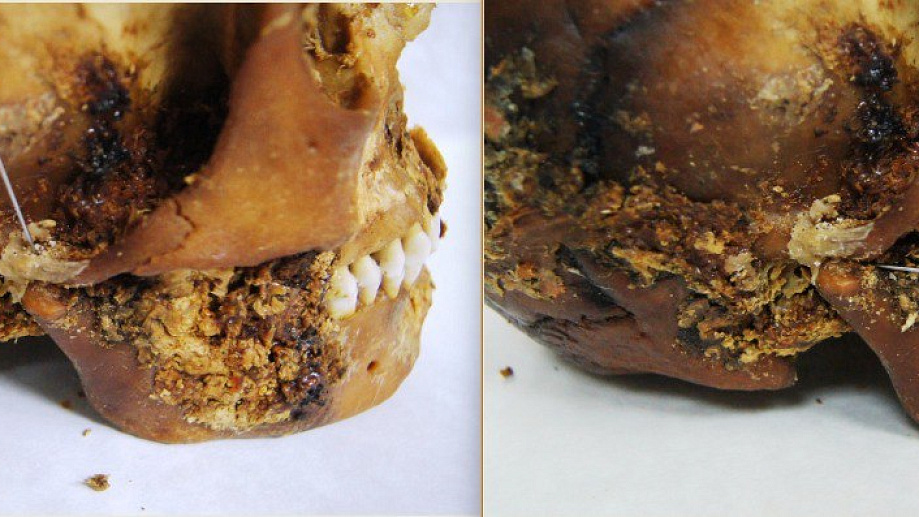How Babies Learn Their First Words

Get the world’s most fascinating discoveries delivered straight to your inbox.
You are now subscribed
Your newsletter sign-up was successful
Want to add more newsletters?

Delivered Daily
Daily Newsletter
Sign up for the latest discoveries, groundbreaking research and fascinating breakthroughs that impact you and the wider world direct to your inbox.

Once a week
Life's Little Mysteries
Feed your curiosity with an exclusive mystery every week, solved with science and delivered direct to your inbox before it's seen anywhere else.

Once a week
How It Works
Sign up to our free science & technology newsletter for your weekly fix of fascinating articles, quick quizzes, amazing images, and more

Delivered daily
Space.com Newsletter
Breaking space news, the latest updates on rocket launches, skywatching events and more!

Once a month
Watch This Space
Sign up to our monthly entertainment newsletter to keep up with all our coverage of the latest sci-fi and space movies, tv shows, games and books.

Once a week
Night Sky This Week
Discover this week's must-see night sky events, moon phases, and stunning astrophotos. Sign up for our skywatching newsletter and explore the universe with us!
Join the club
Get full access to premium articles, exclusive features and a growing list of member rewards.
Like teenagers, babies don't much care what their parents say.
Though they are learning words at 10 months old, infants tend to grasp the names of objects that interest them rather than whatever the speaker thinks is important, a new study finds.
And they do it quickly.
The infants were able to learn two new words in five minutes with just five presentations for each word and object, said study leader Kathy Hirsh-Pasek, a professor of psychology at Temple University. Importantly, the babies paired a new word to the object they liked best, regardless of what object the speaker referred to.
"The baby naturally assumes that the word you're speaking goes with the object that they think is interesting, not the object that you show an interest in," Hirsh-Pasek said.
The result is not too surprising, Hirsh-Pasek said in a telephone interview. She says interest drives learning for older children, too, and even adults.
She cites six-year-olds she's heard talking knowledgably about baseball players' batting averages. "How in the world do they get it? They're not going to do decimals until 7th or 8th grade."
Get the world’s most fascinating discoveries delivered straight to your inbox.
"Ten-month-olds simply 'glue' a label onto the most interesting object they see," said Shannon Pruden, a Temple doctoral student in psychology and lead author of a report on the findings in the March/April issue of the journal Child Development.
Later, around 18 months, children learn to use the speaker's interest—such as where the eyes gaze—as a guide to learning, the researchers say.
Still, Hirsh-Pasek thinks there is a lesson for parents and educators of children at all ages: "Sometimes we fail to take notice of what our learners are doing and what they're interested in," she said. "We all learn best when things are meaningful."
Robert is an independent health and science journalist and writer based in Phoenix, Arizona. He is a former editor-in-chief of Live Science with over 20 years of experience as a reporter and editor. He has worked on websites such as Space.com and Tom's Guide, and is a contributor on Medium, covering how we age and how to optimize the mind and body through time. He has a journalism degree from Humboldt State University in California.
 Live Science Plus
Live Science Plus











